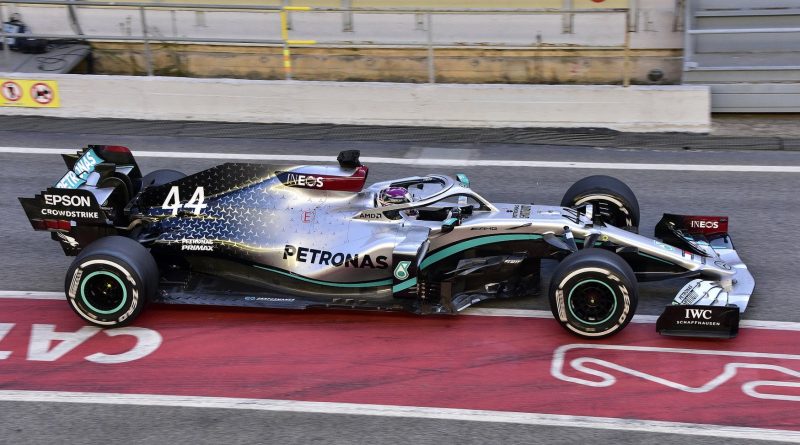Just days before the Chinese Grand Prix, four leading Formula 1 teams—McLaren, Red Bull, Mercedes, and Aston Martin—are facing a logistical nightmare. Their cars have yet to arrive in Shanghai, throwing preparations for the race into turmoil.
Missing Cars, Missing Time
Renowned F1 journalist Kym Illman broke the news, revealing that a freight transport issue has delayed the arrival of critical equipment. Typically, after a race weekend, teams swiftly pack up and airfreight their gear to the next destination. However, technical issues have caused significant disruptions.
“Four teams have arrived in China to find that their cars did not make the journey from Australia,” Illman reported.
“The gear is normally packed at the circuit on Sunday evening and then airfreighted to the next destination, which is Shanghai,” he explained. “Technical issues ultimately caused these big delays; normally the freight would arrive maybe late on Monday evening, but certainly on Tuesday morning – that gives the teams three or four days to have their cars ready for free practice.”
Instead, the teams were informed that their cars would not arrive until 4 or 5 pm on March 19—more than 30 hours later than planned. With no cars to work on, many team members were left with an unexpected day off, waiting idly in their hotels.
From Melbourne Chaos to Shanghai Uncertainty
The delay comes on the heels of a dramatic season opener in Australia, where heavy rain turned the race at Melbourne’s Albert Park into a crash-filled spectacle. Despite the treacherous conditions, McLaren’s Lando Norris claimed victory, followed by Max Verstappen in second and George Russell securing third for Mercedes.
With minimal turnaround time between races, every hour of preparation matters. The lost time could have a serious impact on teams’ ability to fine-tune their cars ahead of Friday’s first free practice on March 21.
A Looming Logistical Crisis
Formula 1’s transport logistics operate on razor-thin margins, ensuring that equipment arrives at the next venue without delay. Any disruption to this schedule can ripple through the entire race weekend. If the situation isn’t resolved swiftly, the FIA and Formula 1 management may be forced to intervene to prevent further chaos.




